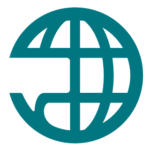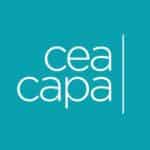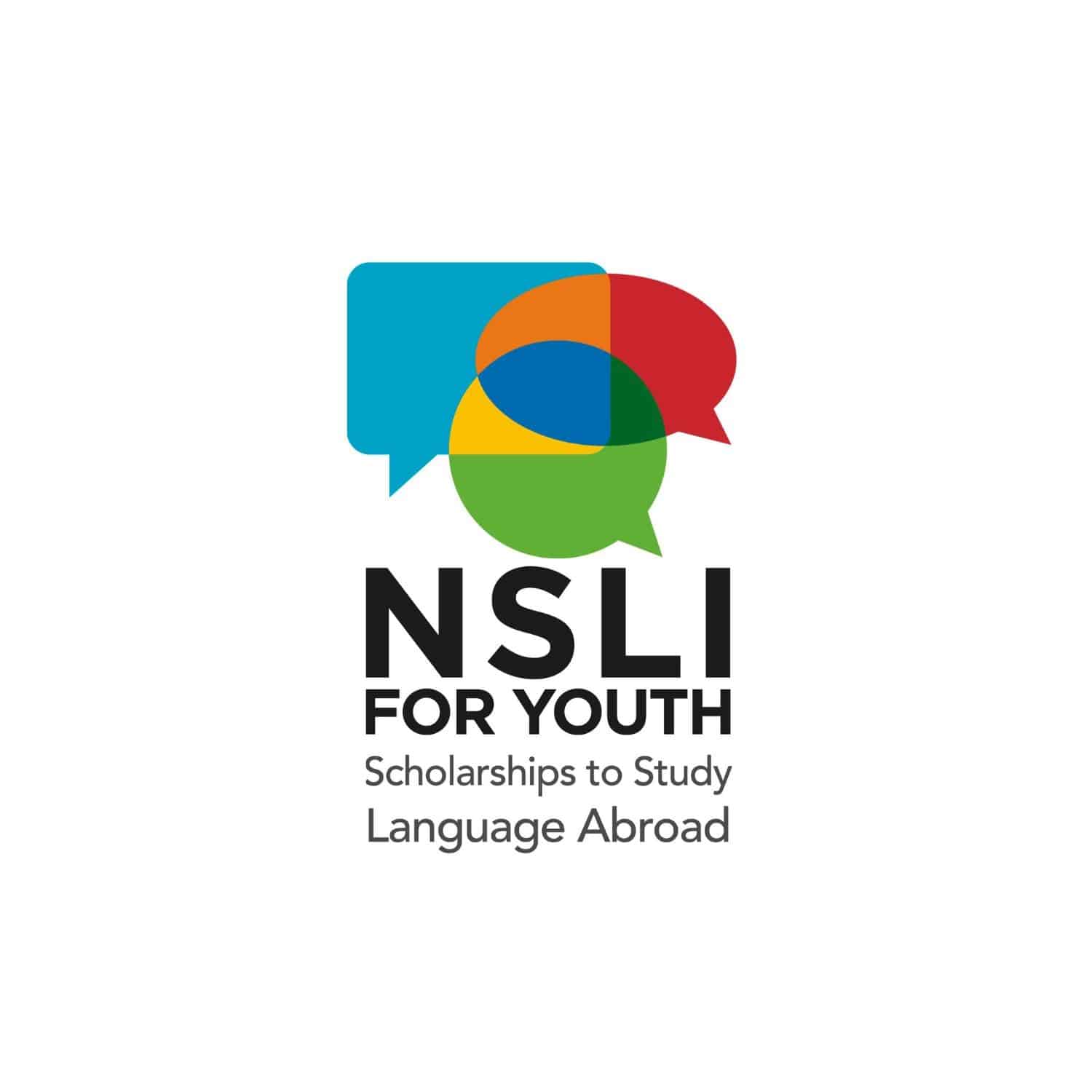
5 Valuable Language Learning Scholarships
Learning a language for free isn’t for everyone.
You might want the credits and/or the experience of a more formal education.
However, studying a language in college can be pricey, and not everyone can afford it. In addition to courses, you may also need to study abroad to complete your program, and costs can add up quickly.
For these reasons, I’ve gathered five language learning scholarships to help you get a great language education without breaking the bank. Let’s take a look at each!
Contents
Download: This blog post is available as a convenient and portable PDF that you can take anywhere. Click here to get a copy. (Download)
Top Language Learning Scholarships
1. Critical Language Scholarship
Amount: Depends on program
Deadline: Mid-November
Wouldn’t it be great if you could study an important language for free? Wouldn’t it be even better if you could do so abroad?
Well, the Critical Language Scholarship program offers intensive language study abroad in languages deemed “critical to national security and economic prosperity”—all expenses paid.
This scholarship covers visa application fees, room and board, program-sponsored travel, international travel to the host location and more.
You don’t need to be a language major to apply. In fact, the program encourages students from diverse disciplines to apply, since the idea is to get skilled speakers for a variety of future careers. The main requirement is that you do need to be an American enrolled at a U.S. university.
Programs usually last for around two months each summer, with spots available to both undergraduate and graduate students in a variety of critical languages.
In 2023, complete beginners through advanced-level students can apply to study Azerbaijani, Hindi, Indonesian, Persian, Portuguese, Swahili, Turkish or Urdu. To study Arabic, Chinese, Korean or Russian, you must have one year’s experience or the equivalent. Those with at least two years’ experience can apply to the Japanese program.
2. CEA Scholarships & Grants
Amount: $100-$5,000
Deadline: March 1, May 1, October 15, November 15 (depending on desired term)
CEA is another study abroad provider that offers an array of scholarship options that you can use to access programs that include a foreign language component.
In fact, CEA commits over two million dollars annually to financial and scholarship programs. These include merit-based scholarships, need-based scholarships and diversity scholarships.
Depending on the program and location, language options can include Arabic, Catalan, Chinese, Czech, French, German, Irish, Italian, Portuguese, Russian or Spanish.
Many of the CEA programs allow you to also study additional subjects while learning a language abroad. For instance, you can study business, tourism, humanities and/or science alongside your language of choice. There’s also options for study plus an internship.
3. Boren Awards Scholarships & Fellowships
Amount: $8,000-$25,000
Deadline: January
Provided through the Defense Language and National Security Education Office, Boren Awards funds the study of languages considered critical to U.S. national security.
These languages include Arabic, Chinese, Portuguese and Swahili, as well as a host of other lesser-studied languages. Note that Boren Awards has a preference for longer programs.
Boren Scholarships are available to undergraduates who want to study abroad, with multiple award amounts available, including one especially for STEM majors. Graduate students can propose their own research and language study programs for Boren Fellowships, with multiple award levels and a domestic option.
Most Boren recipients study in Africa, Asia, Eastern Europe or South America. You might wish to review a list of recent recipients (complete with language studied, institution, field of study and country of study) to give you a clearer idea of whether you may qualify.
4. Gilman Scholarship Program
Amount: Maximum $8,000
Deadline: March
The Gilman Scholarship is a need-based program through the U.S. Department of State that’s designed to allow students the opportunity to study (or intern) abroad who might not otherwise be able to.
The general Gilman Scholarship for studying abroad can be up to $5,000. You select the program you want to participate in, so there’s flexibility with regards to location and language. There’s also the Gilman-McCain Scholarship for students from military families.
Those interested in a Critical Need Language Award (currently available for 16 languages) can receive an extra $3,000, but a student’s total award amount depends on their program length and cost, financial need and the strength of their application.
You can take a look at the program’s 20-year impact report, which includes full lists of previous recipients, so you can get a sense of what country you might want to select for your application.
Additionally, if you receive this scholarship, you’ll have a competitive advantage for certain federal jobs for the next 12 months by being allowed to apply for jobs only open to federal employees.
5. NSLI-Y Program
Amount: Depends on program
Deadline: November
This scholarship program (which stands for the National Security Language Initiative for Youth) is run by the U.S. Department of State for high school students.
To encourage young students to learn critical languages, this scholarship offers merit-based assistance to students who want to participate in summer or year-long language immersion programs.
Participants live with a host family, take intensive language courses and engage in relevant cultural activities in a location where the target language is spoken. The scholarship covers round-trip travel, tuition/program costs, meals and more.
NSLI-Y programs are available for Arabic, Chinese, Hindi, Indonesian, Korean, Persian, Russian and Turkish. No previous language study is required.
Bonus Options
If none of the language learning scholarships above are quite what you’re looking for, you still have some options:
- Look for language-specific scholarships. You’ll likely have an easier time finding and obtaining a scholarship for learning a particular language, in fact. You can look for these (and others) via BigFuture’s Scholarship Directory.
- Check with your university. Chances are pretty high that you’ll be able to find scholarships through your own school, and with much less competition! You can check with your school’s scholarship coordinator and/or language department. If you want to study a language abroad, you might also check with your school’s study abroad office.
How to Land a Foreign Language Scholarship
Stay on top of deadlines
All of the best colleges and scholarship programs have deadlines. Whenever you’re considering applying for a scholarship, pay careful attention to the deadlines and try to get your application in well in advance.
There’s nothing worse than going to the work of putting together the application materials and then realizing you’re too late!
Write a unique essay
Some scholarships may require essays or personal statements as part of the application. These could address topics like motivation, goals and/or financial need.
Regardless of what you’re asked to write about, make sure your essay is on point. Reflect carefully on the question that is posed to you and answer as clearly and thoroughly as possible.
You might also ask friends, family and/or your university’s tutoring center to review your work for grammar, spelling and clarity. Even if you have mad writing skills, it can be hard to catch your own mistakes.
Have language-related references ready
Some scholarship applications may request references, especially if you’re applying to more advanced language programs. If that’s the case, you may want to already know who you’ll ask.
Better still, you may want to have already spoken to potential references. It often helps for them to know your goals, motivation and accomplishments so that they can better speak to your qualifications.
Having your references lined up and ready can save you time and ensure that if a scholarship opens up, you’re ready to roll!
Meet all scholarship requirements
Some foreign language scholarships don’t require any knowledge of a language at all, but some want to see that you’ve reached a certain level of fluency.
This means you might need to get up to speed with a preparatory course or language program, like FluentU.
FluentU takes authentic videos—like music videos, movie trailers, news and inspiring talks—and turns them into personalized language learning lessons.
You can try FluentU for free for 2 weeks. Check out the website or download the iOS app or Android app.
P.S. Click here to take advantage of our current sale! (Expires at the end of this month.)

Be sure you know what’s expected of you before you apply, and put in the work to meet those requirements if you don’t already. That will help ensure that you’re prepared and that you’re a strong candidate for the funds.
Getting a language learning scholarship might not make you fluent, but it sure won’t hurt.
So, it’s time to mark your calendar and start gathering your materials so you’ll be ready to apply when the time comes!
Download: This blog post is available as a convenient and portable PDF that you can take anywhere. Click here to get a copy. (Download)
And One More Thing...
If you dig the idea of learning on your own time from the comfort of your smart device with real-life authentic language content, you'll love using FluentU.
With FluentU, you'll learn real languages—as they're spoken by native speakers. FluentU has a wide variety of videos as you can see here:
FluentU has interactive captions that let you tap on any word to see an image, definition, audio and useful examples. Now native language content is within reach with interactive transcripts.
Didn't catch something? Go back and listen again. Missed a word? Hover your mouse over the subtitles to instantly view definitions.
You can learn all the vocabulary in any video with FluentU's "learn mode." Swipe left or right to see more examples for the word you’re learning.
And FluentU always keeps track of vocabulary that you’re learning. It gives you extra practice with difficult words—and reminds you when it’s time to review what you’ve learned. You get a truly personalized experience.
Start using the FluentU website on your computer or tablet or, better yet, download the FluentU app from the iTunes or Google Play store. Click here to take advantage of our current sale! (Expires at the end of this month.)










